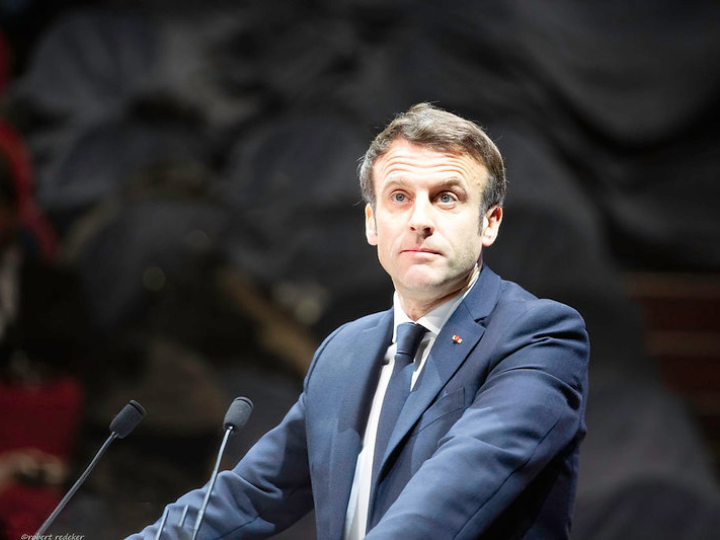The euro hit a record high against the dollar for a third straight trading day on Monday as confidence grew that euro zone policymakers would not intervene to halt the currency's surge.
The euro also rose to its highest in 18 months against the yen as traders assessed the economic impact from the deadly tsunami that devastated parts of Asia at the weekend.
In a newspaper interview on Friday, Dutch Finance Minister Gerrit Zalm said the euro's rise was still within acceptable margins, suggesting little official alarm at the pace of the rise.
"The market is still reacting to the comments from Zalm," said Jonas Ahlander, currency strategist at SEB in Stockholm. "There has been no news on the macro-economic front today."
The euro rose to highs of around $1.3555 and 140.70 yen in Tokyo trade before paring gains to stand little changed at $1.3530 and 140.40 yen by 0900 GMT. The dollar was steady against the yen, at 103.74.
The Japanese currency recovered after falling in early trade on concern the weekend's disaster could hurt tourism-dependent Asian economies.
A massive earthquake near Indonesia triggered huge waves that killed more than 15,500 and devastated coastlines from Thailand and Malaysia to Sri Lanka and India.
Dollar woes continue
The dollar looks set to register a third straight year of losses in 2004 as traders remain convinced a weaker greenback is needed to reduce the United States' huge current account deficit.
So far this year, the dollar is down over three percent against the yen and over seven percent against the euro, sterling and Swiss franc.
Some analysts believe a renewed dollar slide will put more pressure on the euro to rise rather than the yen, given the string of poor economic news out of Japan that has suggested growth has stalled.
Japan's economy barely grew in the third quarter, and most figures for the current quarter have come in weaker than expected. Data on household spending, consumer prices and industrial output, all for November, are due on Tuesday.
However, Tohru Sasaki, chief forex strategist at JPMorgan Chase, believes that renewed dollar selling could take the greenback to a new five-year low against the yen.
"When Japan conducts its next full-fledged intervention, I think it will be a joint one with the U.S.," he said.
Sasaki said he did not expect any intervention from Japanese authorities until the dollar fell below 90 yen.




 By: N. Peter Kramer
By: N. Peter Kramer
